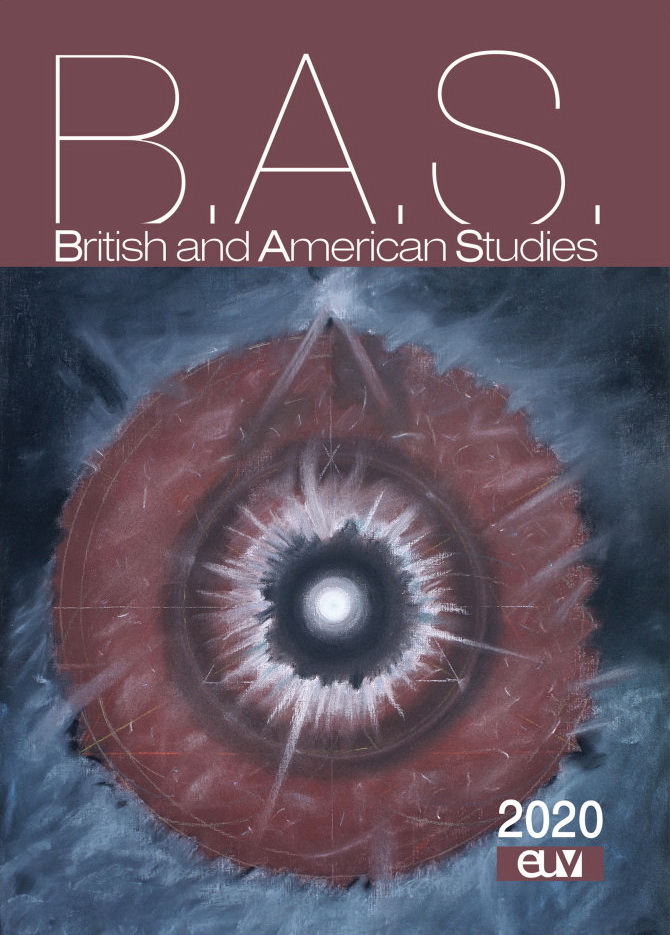CHRONOTOPIC IDENTITIES IN SELF-NARRATIVES AND DEDICATED WEB TEXTS: THE YOUNG ROMANIAN RETURNEE
CHRONOTOPIC IDENTITIES IN SELF-NARRATIVES AND DEDICATED WEB TEXTS: THE YOUNG ROMANIAN RETURNEE
Author(s): Diana Cotrău, Oana Teodora PapucSubject(s): Language and Literature Studies, Theoretical Linguistics, Applied Linguistics
Published by: Editura Universităţii de Vest din Timişoara / Diacritic Timisoara
Keywords: chronotopes; dedicated web text; family language policies; language ideology; self-narratives; sociocultural segment; returnee;
Summary/Abstract: Ours is an exploratory study based on a thematic analysis of interviews and web texts of how young former diasporans, now returnees to Romania, construct a collective identity in self-narrative discourse, which is parallelled in dedicated Internet pages. Our primary cultural sociolinguistic focus is on young Romanian adults whose temporary or permanent repatriation has been mainly motivated by their intention to pursue their graduate or post-graduate studies in their country of origin. We aim to diagnose how this particular demographic displays the chronotopic self-awareness of belonging to a novel niche sociocultural segment in Romania, at a time affording them visibility and as particular personas engaged in particular types of social practice in a specific timespace (Blommaert and De Fina 2017). The inception of our investigation was marked by a preliminary observation that young returnees develop self-professed expectations and needs when confronted with the intercultural challenges of reimmersion and integration in the ‘home’ higher education system. It would appear that they harbor a predisposition for approaching ‘specific’ co-occurring themes in such semi-directed discourse as incidental to research designed interviews. We have also noted that the themes are partially replicated on webpages catering to the returnee communities of interest, with the associated Facebook pages functioning as veritable echochambers for the same. We, thus, claim that a focal identity is thematically constructed in discourse by, and in digital texts about, returnees, as underpinned by a particular set of language ideologies, transnational experiences and competences, and worldviews, in turn part of a piecemeal intersubjectivity.
Journal: B.A.S. British and American Studies
- Issue Year: 26/2020
- Issue No: 26
- Page Range: 231-240
- Page Count: 10
- Language: English

